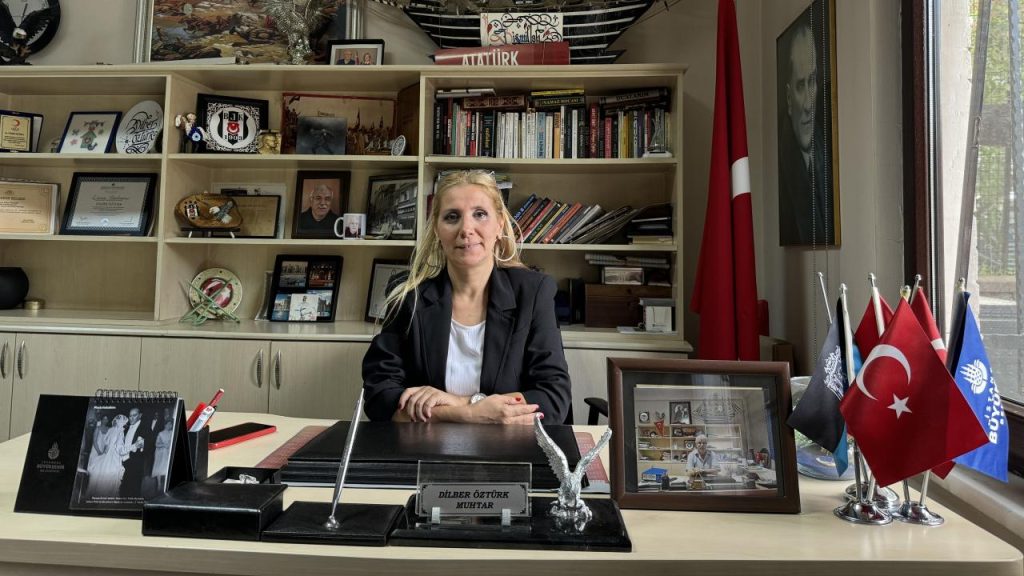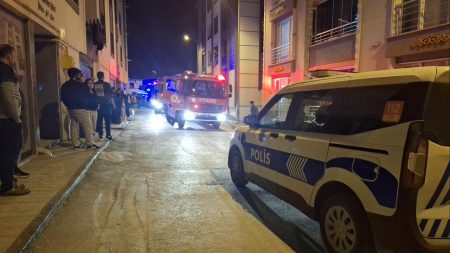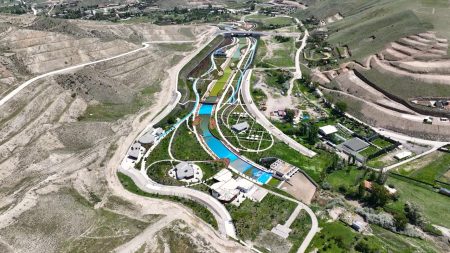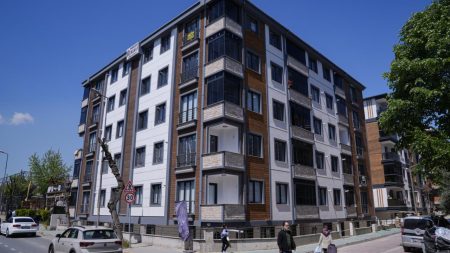In Istanbul, there are 198 female muhtars serving in 962 neighborhoods, making up 20.58% of the total muhtars in the city. Within Beşiktaş, 16 out of 23 neighborhoods have female muhtars, while Kadıköy has 14 out of 21 neighborhoods run by women. In Beylikdüzü, 6 out of 10 neighborhoods are led by women, and Bakırköy has 8 out of 15 neighborhoods managed by females. Avcılar and Maltepe each have half of their muhtars as women, with 5 out of 10 neighborhoods in Avcılar and 9 out of 18 in Maltepe being governed by female muhtars.
In some districts like Adalar, Kağıthane, and Tuzla, all 41 neighborhoods have male muhtars. However, in Arnavutköy, Bahçelievler, and Sultanbeyli, where all muhtars were men in the previous term, there is now one female muhtar serving. Following the 2019 Local Government Elections, districts like Bağcılar, Bayrampaşa, and Esenler have increased their number of female muhtars from one to two, while Çatalca and Sultangazi now have three female muhtars each. Similarly, Şile and Pendik each have 3 female muhtars out of 62 and 36 total neighborhoods, respectively, while Silivri, Fatih, and Esenyurt have 4, 5, and 7 female muhtars out of 35, 57, and 43 neighborhoods, respectively.
In Sarıyer, Beyoğlu, Ümraniye, Beykoz, and Üsküdar, a significant portion of the muhtars are women, with 8 out of 38 in Sarıyer, 9 out of 45 in Beyoğlu, 9 out of 35 in Ümraniye, 10 out of 45 in Beykoz, and 13 out of 33 in Üsküdar being female. Dilber Öztürk, the muhtar of Türkali Mahallesi in Beşiktaş, highlighted the increasing presence of female muhtars and emphasized the positive impact women can have on their communities. As a female muhtar for two terms, Öztürk expressed her joy in connecting with people and serving her neighborhood, stating that women can bring a unique perspective and care to their leadership roles.
Meanwhile, Kadıköy’s Zühtüpaşa Mahallesi Muhtar Çağla Göksu, who became a muhtar after the local elections in March, shared her experience as a female leader in her community. A mother of two and a grandmother, Göksu, with an art education background, explained how being a female muhtar has allowed her to interact and assist residents in a more empathetic and collaborative manner. Through a WhatsApp group with other muhtars, they share resources and respond to community needs promptly. Göksu highlighted the importance of female leadership in fostering communication, support, and beautification of neighborhoods, hoping for an increase in the number of female muhtars across Turkey in the future.















